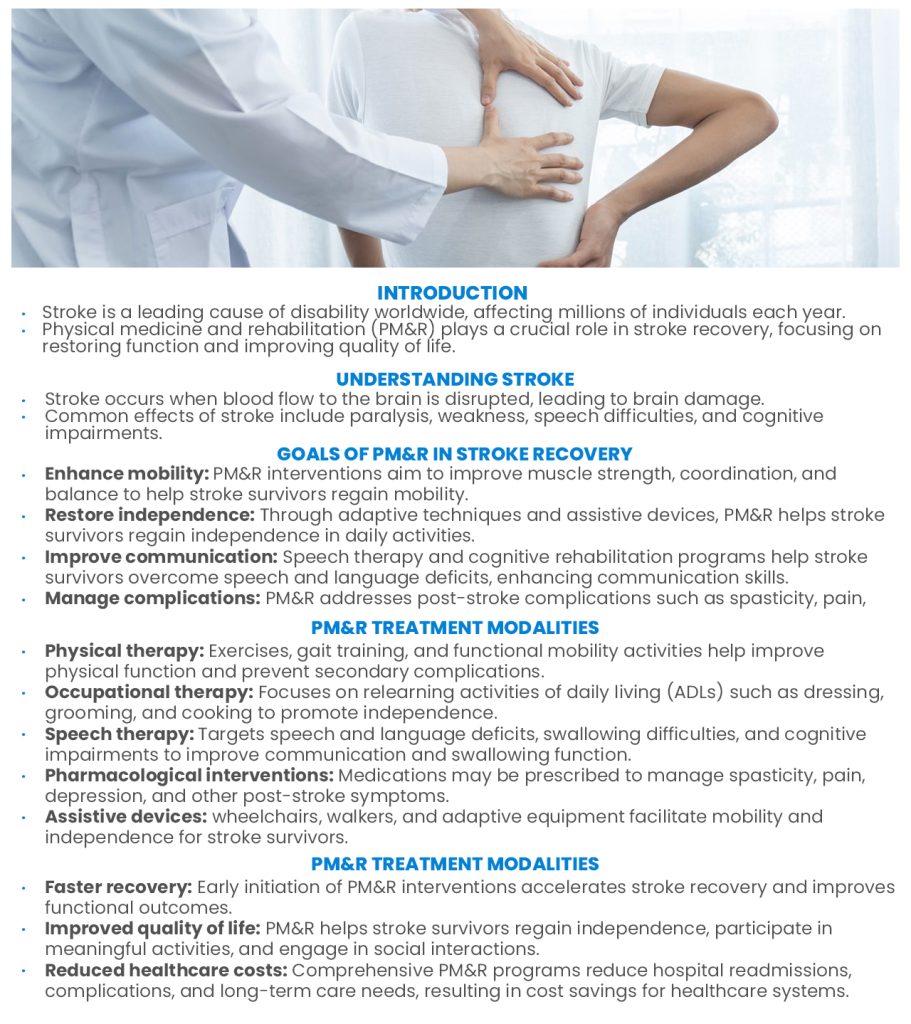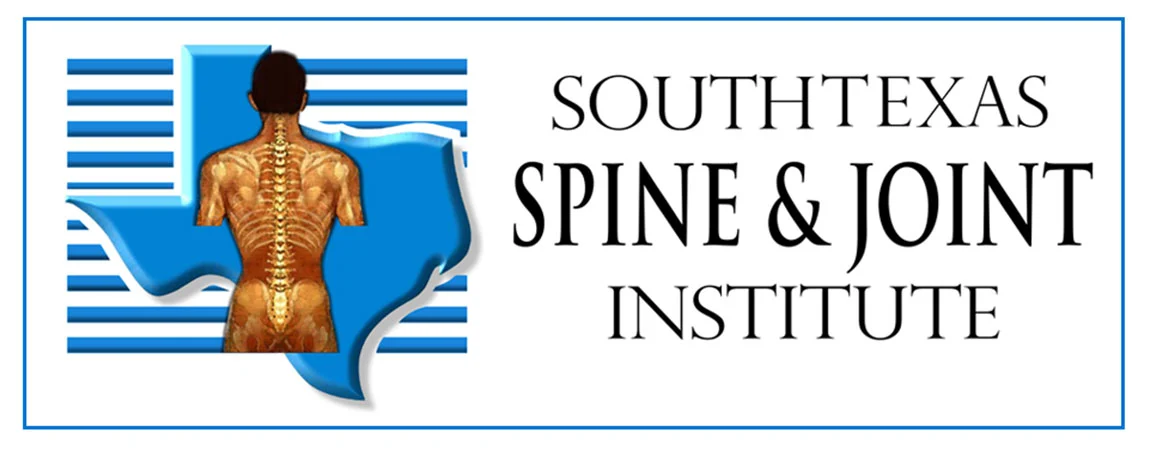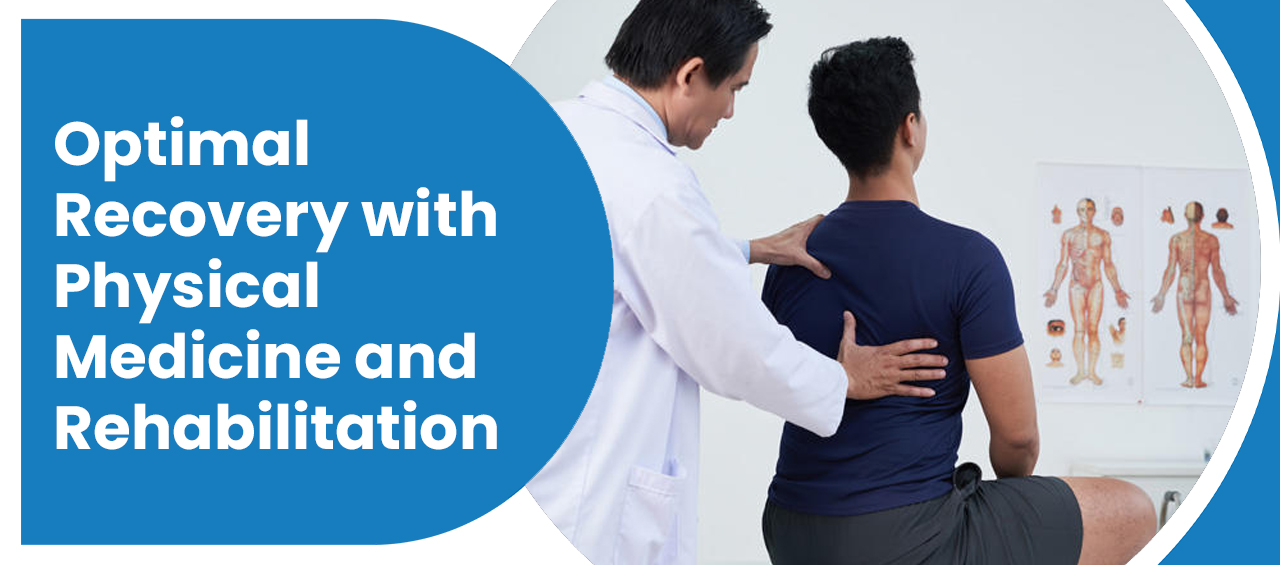
Conclusion
In conclusion, the role of physical medicine and rehabilitation (PM&R) in enhancing stroke recovery cannot be overstated. Stroke is a devastating condition that can lead to significant physical, cognitive, and emotional impairments, affecting individuals’ independence and quality of life. However, PM&R offers a comprehensive and multidisciplinary approach to stroke rehabilitation, addressing the diverse needs of stroke survivors and promoting optimal recovery outcomes.
One of the primary goals of Physical Medicine And Rehabilitation in stroke recovery is to enhance mobility. Through tailored physical therapy programs, stroke survivors undergo exercises, gait training, and functional mobility activities aimed at improving muscle strength, coordination, and balance. Occupational therapy interventions focus on relearning activities of daily living (ADLs) such as dressing, grooming, and cooking, empowering stroke survivors to regain independence in their daily routines. Additionally, speech therapy plays a crucial role in addressing speech and language deficits, swallowing difficulties, and cognitive impairments, facilitating effective communication and swallowing function.
Physical Medicine And Rehabilitation also aims to prevent and manage post-stroke complications such as spasticity, pain, and fatigue. Pharmacological interventions may be prescribed to alleviate symptoms and enhance recovery, while assistive devices such as wheelchairs, walkers, and adaptive equipment facilitate mobility and independence for stroke survivors.
Moreover, Physical Medicine And Rehabilitation interventions are not only beneficial for physical recovery but also for improving cognitive function and emotional well-being. Cognitive rehabilitation programs help stroke survivors overcome cognitive impairments and regain cognitive skills necessary for daily functioning. Additionally, PM&R addresses emotional challenges such as depression, anxiety, and adjustment disorders commonly experienced by stroke survivors, promoting psychological well-being and overall quality of life.
Overall, Physical Medicine And Rehabilitation plays a vital role in accelerating stroke recovery, optimizing functional outcomes, and improving the overall quality of life for stroke survivors. By providing individualized and holistic care, rehab medicine empowers stroke survivors to regain independence, participate in meaningful activities, and engage in social interactions. Through ongoing research, innovation, and collaboration, the field of PM&R continues to evolve, offering new opportunities to enhance stroke rehabilitation and support stroke survivors on their journey to recovery.


No comment yet, add your voice below!